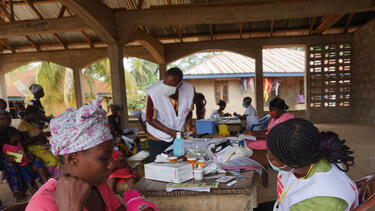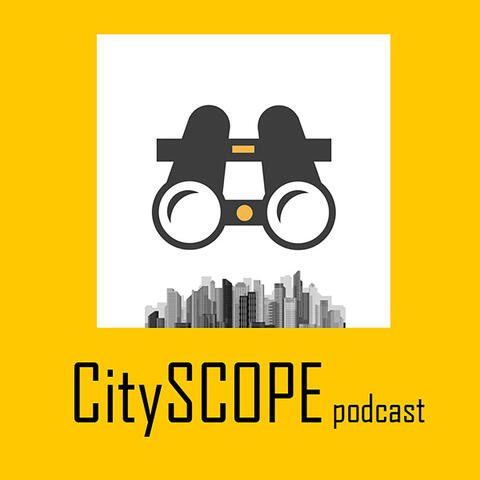Economic Development
Can Industrial Policy Help Revive Struggling Regions?
A new paper co-authored by Yale SOM’s Cameron LaPoint looks at an effort in 1980s Japan to narrow economic inequalities between geographic regions, in order to understand the potential impact of the similar U.S. CHIPS and Science Act, enacted in 2022.

Going the Last Mile (with Evidence)
A study by Yale’s Mushfiq Mobarak and his colleagues found that nurses on motorbikes with vaccine-stocked coolers could help increase vaccination rates in rural Sierra Leone, showing that it is possible to get health interventions to the most remote and under-resourced areas cost-effectively, in ways that help ensure that the interventions are taken up and used.
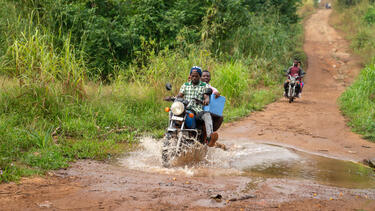
The Art and Science of Delivering Impact
To take on the problems associated with poverty in New York City, Emary Aronson ’97, chief knowledge officer of the Robin Hood Foundation, takes a data-driven and heart-led approach. She describes how the organization has focused on outcomes and been able to pivot quickly to lead emergency relief efforts.

A Fast-Moving Labor Force Doesn’t Always Indicate a Healthy Job Market
For a new study, Yale SOM’s Kevin Donovan and his co-authors gathered data from 49 countries, including developing economies. They found that rapid job turnover is linked to a lower GDP per capita.

Expanding the Pathways from School to a Career
Washington state’s collective action approach to career-connected learning expands students’ horizons, connects employers to their future workforce, and builds community, says Maud Daudon ’83 of Career Connect Washington.
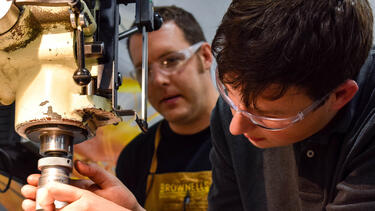
How the Tools of Impact Investing Can Undermine Resilience in the Global South
Impact investing advisor Clint Bartlett ’17 and Professor Todd Cort are working on innovative approaches in which businesses that create positive social outcomes get cheaper capital.
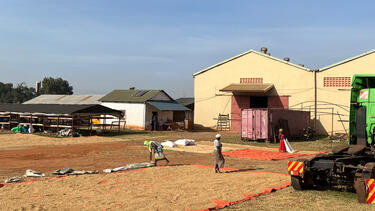
What Turkey Needs for Its Long Recovery
Even as emergency relief continues, says Rana Kotan ’04, secretary general of Third Sector Foundation of Turkey, it is crucial to expand the capacity of the grassroots organizations that will be rebuilding long after the headlines have faded.
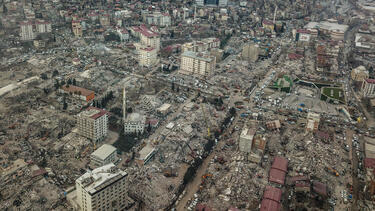
Pakistan’s Long, Uncertain Recovery from Devastating Floods
Unprecedented floods have devastated Pakistan’s agricultural economy. Wasif Khan ’86 describes a human toll that will last for years.
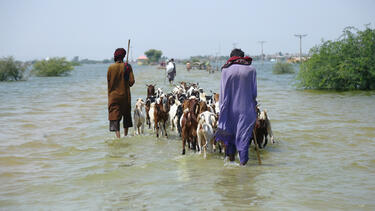
Building Bridges Can Boost Income for the Rural Poor
Yale SOM’s Kevin Donovan and Wyatt Brooks of Arizona State University found that building footbridges in rural communities allows residents to access work in nearby towns, with benefits for themselves and their neighbors.
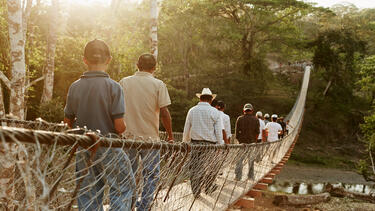
Send Vaccines Where People Want Them: Developing Nations
COVID-19 vaccine acceptance is significantly higher in low- and middle-income countries than wealthy ones. Prioritizing those countries for vaccine distribution could help save more lives and keep variants at bay.
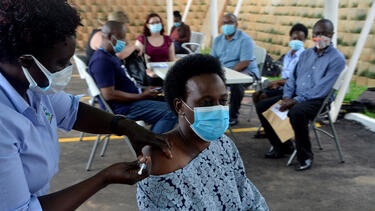
How COVID-19 Is Making Gender Inequality Worse in Low-Income Countries—and What to Do About It
Gender disparities in social and economic outcomes, already larger in the developing world than in rich countries, have been exacerbated by the pandemic. Policy action is badly needed to address the compounding of existing inequalities and protect the most vulnerable women.
